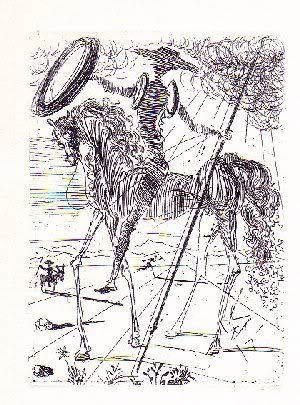Guns or Butter
.jpg)
Every freshman macroeconomics student is familiar with the theory of “guns or butter,” a simple economic model that illustrates the balance a nation must make between military production and civilian needs. The model shows that as you add from one side of the ledger sheet, you must subtract from the other. With his current policies with regard to the War in Iraq, President Bush is attempting to have to have both guns and butter.
While waging a full scale war without putting any burden upon the civilian populace, Mr. Bush has cut taxes and sent roughly one million Americans, out of a total population of 300 million Americans, to Iraq. That number represents less than one percent of the total populace of the United States.
Unlike the state run planned economy of the Soviet Union, the United States is very diverse and global and hence can survive, even grow, during a sustained military campaign on foreign soil. This fact is striking given the current climate of tax cuts favored by the Bush Administration.
Thus the resilience of the U.S. economy to sustain a terrorist attack upon its very financial heart and then wage an all out war involving the full weight of the U.S. military while continue to grow makes it highly unlikely it will crack under the pressure. So the true economic model of guns or butter may not apply to these times involving this economy.
Societal, not Economic
The model guns and butter then is an allegory for what Mr. Bush was attempting to accomplish with his War in Iraq. He was trying so hard to have a full scale war while placing absolutely no burden on the nation as a whole. Thus, he was trying to have both sides of the ledger sheet rise at the same time. This is an impossible task, as his former Yale economy professors may tell him.
This lack of carrying any burdens has not been lost on the soldiers serving in Iraq. A constant refrain heard goes something like this “The nation is not at war, the U.S. military is at war.”
That statement shows perfectly the absurdity of a country attempting to fight and win a war without actually involving the whole country.
Think of that. We invaded and replaced a foreign government without ever having a debate, a declaration of war or involvement by the full weight and influence that a united nation can bring to bear, as the U.S. has done in previous successful wars such as World War I, or WWII.
Indeed, Mr. Bush speaks of this war in context of a struggle for freedom and our very way of life, much like World War II.
Imagine if Mr. Bush was President during those times. He
would cut taxes, have no draft and most likely be adamantly opposed to such socialist ideals as collecting rubber tires for the war effort. Don’t change your way of life or the Nazis win, one can almost hear the President saying.
This is why I get very confused, almost angry when I hear people like Vice President Dick Cheney and House minority leader the Honorable John Boehner say that the only way we can lose this war is if the American people lose their will for the fight.
Lose the will for the fight? How can we lose the will for something we have no stake in and have no idea what the reason for going to war was in the first place since it changes biannually?
Furthermore, an even worse point to consider is how a nation can expect to win a war when the leadership of that nation fails to include the entire populace and its vast resources in addition to its military might? Those brave men and women In Iraq deserve nothing less.

No comments:
Post a Comment